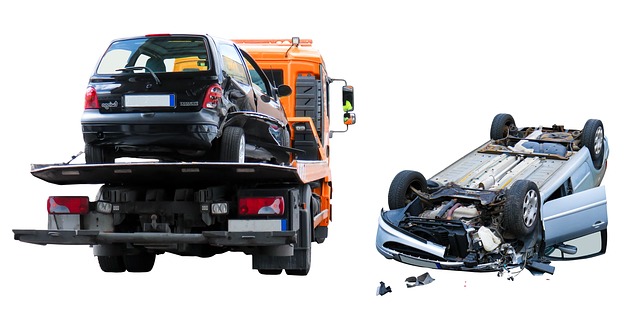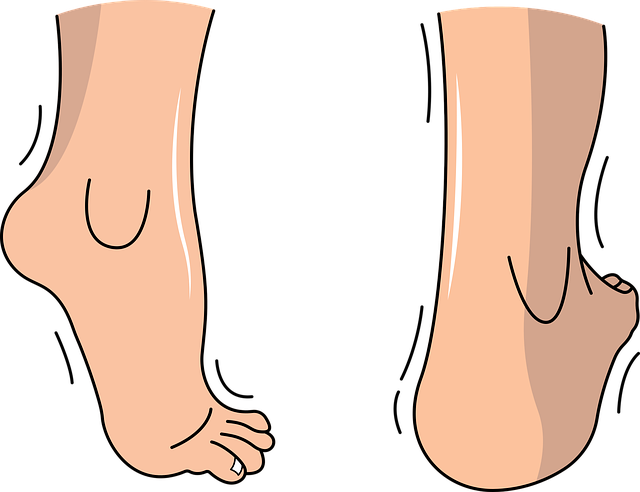Dog ownership comes with significant legal responsibilities, particularly dog owner liability under state laws. Dog bites can lead to civil lawsuits for medical bills, pain, property damage, and more. Two primary defenses exist: the "no-fault" principle and demonstrating reasonable care, training, and control. To minimize exposure, dog owners should restrict access to risks, provide training, supervise their dogs, stay informed about local laws, and consult legal professionals specializing in animal law or business litigation.
In the realm of canine companionship, understanding the legal implications of dog ownership is paramount. This article explores the intricate dynamics of dog owner liability, shedding light on the defenses that can shield owners from potential legal pitfalls. From the foundational legal framework governing responsibility to practical strategies for risk mitigation, we delve into effective methods to minimize exposure and safeguard against claims related to dog owner liability.
- Understanding Dog Owner Liability: The Legal Framework
- Common Legal Defenses for Dog Owners
- Strategies to Minimize Exposure and Protect Yourself
Understanding Dog Owner Liability: The Legal Framework

Dog ownership comes with a significant level of responsibility, particularly when it comes to understanding dog owner liability and its associated legal framework. In many jurisdictions, pet owners can face substantial financial and personal consequences as a result of their dog’s actions. Dog bites, for instance, are a common source of civil liability, where victims may seek compensation for medical bills, pain, and suffering. The legal landscape regarding dog owner liability is complex, with varying state laws dictating the extent of an owner’s responsibility.
Key to navigating this legal terrain is recognizing that dog owner liability can extend beyond direct physical harm. It often includes situations like dog-related property damage, injury to others’ pets, and, in some cases, even vicarious liability for a dog’s behavior if certain criteria are met. Having robust legal representation from an experienced car accident lawyer or personal injury attorney who specializes in dog bite cases can be crucial in managing this exposure, ensuring fair outcomes, and potentially limiting the financial burden on dog owners.
Common Legal Defenses for Dog Owners

Dog owners often face legal challenges related to their pet’s actions, but several common defenses can limit their exposure to liability. One significant defense is the concept of “no-fault,” where a dog owner isn’t held responsible simply because their dog caused harm or damage, regardless of negligence or intentional acts. This principle aims to protect owners from unfair blame and provides a reasonable barrier against excessive legal repercussions.
Another strategic defense for dog owners involves questioning the relevance of their actions in relation to the incident. They can argue that they fulfilled their duties, such as proper care, training, and control, and any breaches of these responsibilities were not direct causes of the harm inflicted. This approach often shifts the focus onto potential product liability or fiduciary duty breaches by others involved, like a car accident attorney might assist in complex cases.
Strategies to Minimize Exposure and Protect Yourself

Minimizing your exposure as a dog owner is a proactive approach to protect yourself from potential liability claims. One effective strategy is to be mindful of where and how your dog is allowed to roam. Restricting access to areas that could pose risks, such as neighbors’ gardens or public spaces without proper fencing, can significantly reduce the chances of accidents. Regular training and supervision are also key; ensuring your dog responds to commands and understands basic rules will help prevent incidents that might lead to legal issues.
Additionally, staying informed about local laws regarding dog ownership is essential. Different regions have varying regulations on leash laws, responsible pet ownership, and liability. Consulting with a legal professional specializing in animal law or business litigation can provide tailored advice, especially for those managing multiple dogs or operating a dog-related business. This proactive approach will not only protect you from nursing home neglect claims or other accidents but also ensure you’re compliant with the law, safeguarding your reputation and financial well-being.
Dog owners can take proactive steps to manage their legal exposure. By understanding the framework of dog owner liability, being aware of common legal defenses, and implementing strategies to minimize risk, individuals can protect themselves from potential claims. These measures ensure a balanced approach, acknowledging the joy of pet ownership while promoting responsible care to prevent unforeseen incidents.






